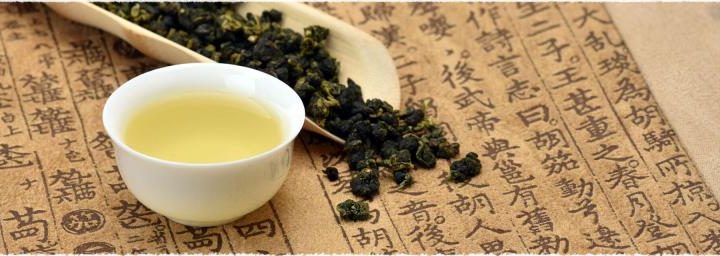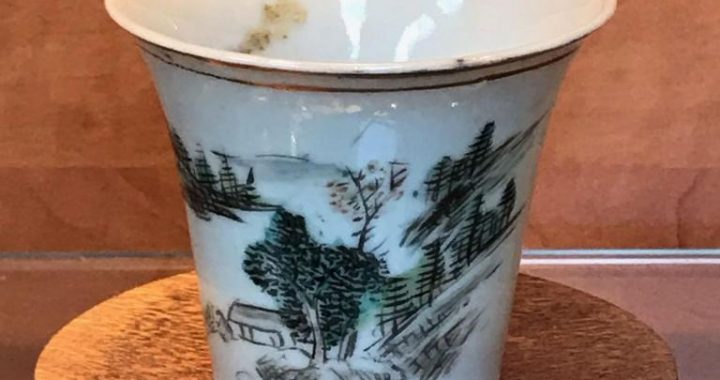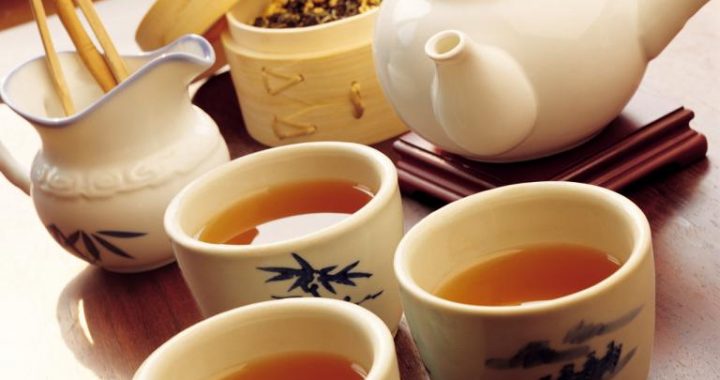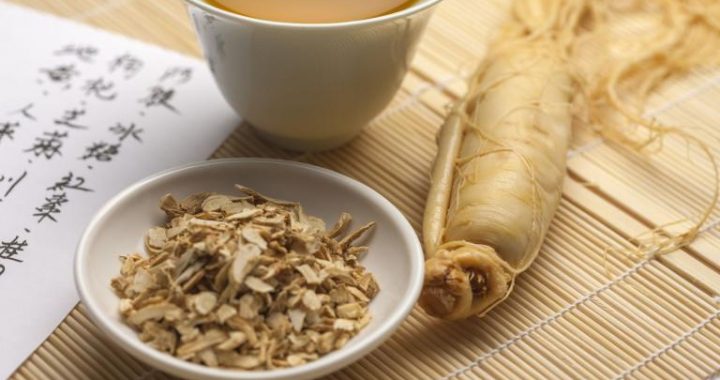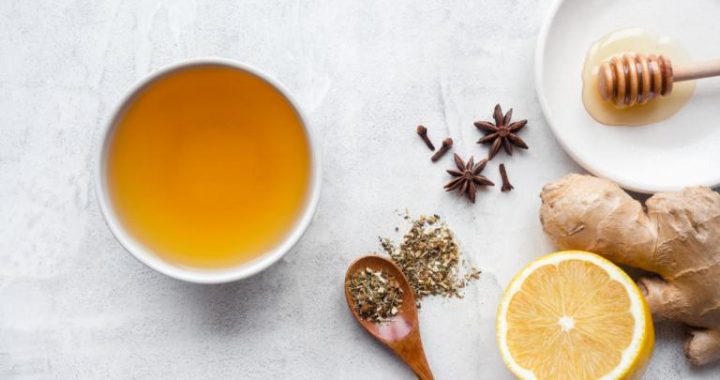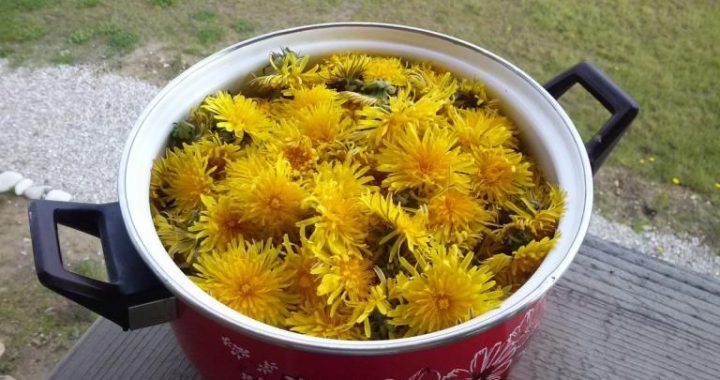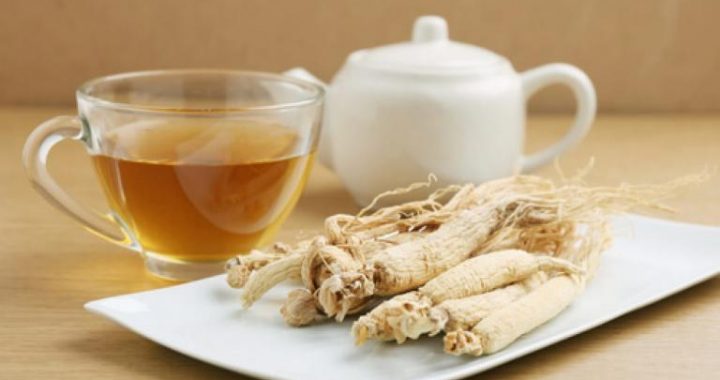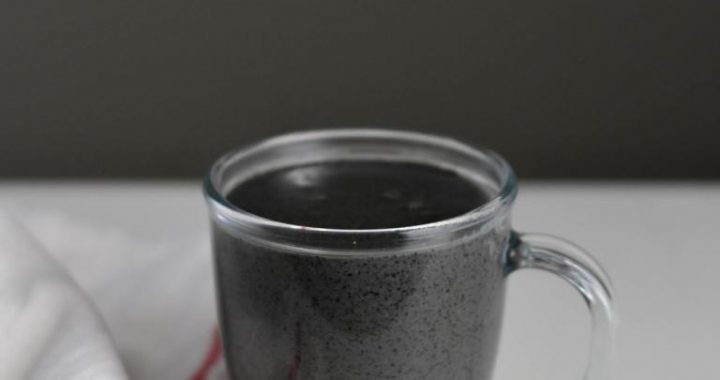Small Tea Houses Hold All Things Possible under the Sun
3 min readThe Teahouse written by Lao She is a classic work in the history of Chinese drama.The small Yutai LTeahouse portrayed in this work is just a stage on which the changes of time unfold,giving us a vivid picture of the people from all walks of life.The success of The Teahouse rests not only with the story,but also with the special medium of the story,the teahouse,because a teahouse is indeed a place of wonder.
From time immemorial,teahouses have been regarded as the common space in the lives of people.The doors of isom TeAHoAtes
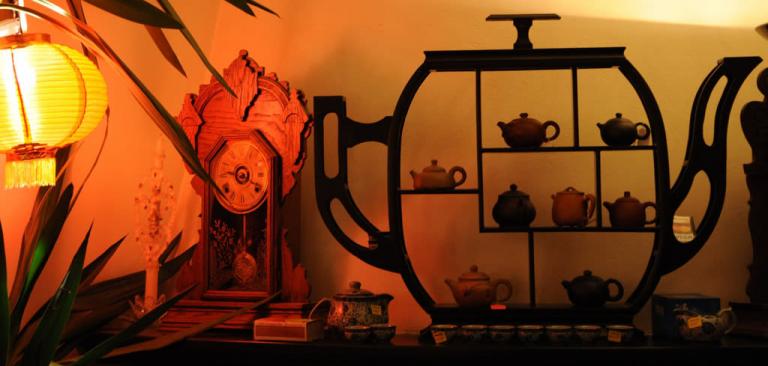
Teahouses are open to all people, whether they are travellers arriving and leaving hastily or guests strolling in leisurely, regardless of their social status. There is definitely more to drinking tea when people visit a teahouse. The possible purposes of their visits to the teahouses might be to pose as lovers of art and culture, mingle with the literati, entertain themselves, make friends, debate, conduct deals or meet a hero of rivers and lakes. Patrons of teahouses include officials, peasants, workers, businessmen, Confucian scholars, monks, Taoists and Buddhists.
A teahouse is where both the most philistine and the most refined are accommodated, where people can be the busiest at work and at the same time at their most easygoingand carefree. Their forefathers once said,”Hermits reside among the mountains and woods, while sages reside in the downtown areas.”Visiting teahouses in downtown areas is the way of life of the”sages.”
“Pure teahouses”in old Beijing principally offered tea. Ranging from the elderly citizens who took walks inthe early morning to the peddlers who had just finished work. People came and went in an endless stream: someholding different kinds of birdcages, some with news from different corners, some with their knack of drinking tea as well as doing business, and also some carrying troubles of their own families. Besides “pure teahouses” in Beijing there are also “storytelling teahouses,””opera fun teahouses,””chess players teahouses,”etc.”Rural teahouse,”a thatched cottage offering ordinary tea in large bowls, is the outcome of the imperial families’ out-ings. Strongly imbued with an idyllic appeal, it gives teadrinkers the feeling of having returned to nature. Today,
“Lao She Teahouse”in Beijing has developed into a grand teahouse that embraces the tea ceremony, tea banquet, opera, folk art, magic, acrobatics, fine imperial refreshments and local snacks.
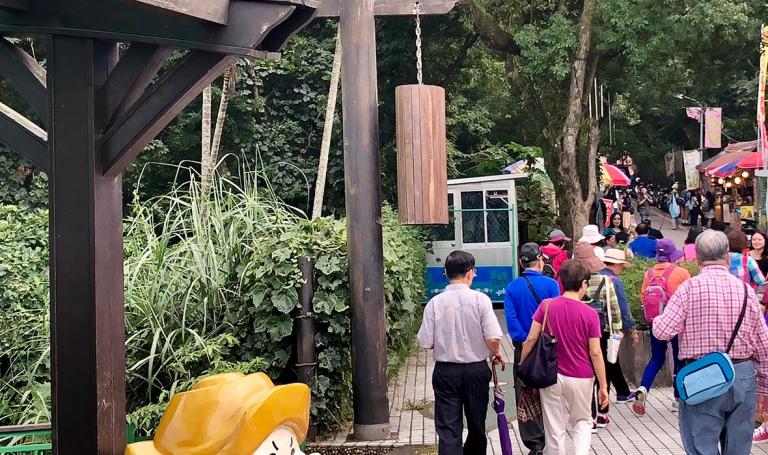
Chengdu, Sichuan is regarded as the place of origin of “the life of idlers.”When Huang Yanpei(a democratic patriot of modern China) was visiting Chengdu, he wrote two lines of comic verse,”When one is idle, he counts the flagstones of the pavement. When two are free, they stay in a teahouse from morning till night.”For Chengdupeople, there is nothing odd about staying in a teahouse from morning till night. Chengdu people call chitchatting”spinning a yarn.”The subject-matter of “spinning a yarn”in a teahouse are all-encompassing, ranging from astronomy to geography, from state policies to household affairs, from the past to the present, in short, everything under the sun. Here, learned men can recite poetry and paint and amateur performers of local operas can enter-tain themselves by singing and observing others. One can find a barber and have a haircut, find a pedicurist to do his feet, buy food from the peddlers and ask a fortuneteller to reveal his future. The water on the stove boils day and night. Moreover,a tea drinker can even come here and wash his face in the morning after getting out of bed and wash his feet before going to bed. If he has something urgent to attend to, he’ ll rise, push his tea bowl into the center of the table and tell the waiter,”I’ ll be back soon.”Upon his return, he’ ll continue to drink the same bowl of tea.
In addition, tea drinkers can enjoy the Chinese zitherin Yangzhou teahouses, storytelling combined with ballad singing in Suzhou teahouses, both tea and the beautiful scenery in Hangzhou and tea along with all sorts of refreshments in Guangzhou… As Chinese tea culture isextensive and profound, teahouse cultures in different places of China vary greatly, too.

